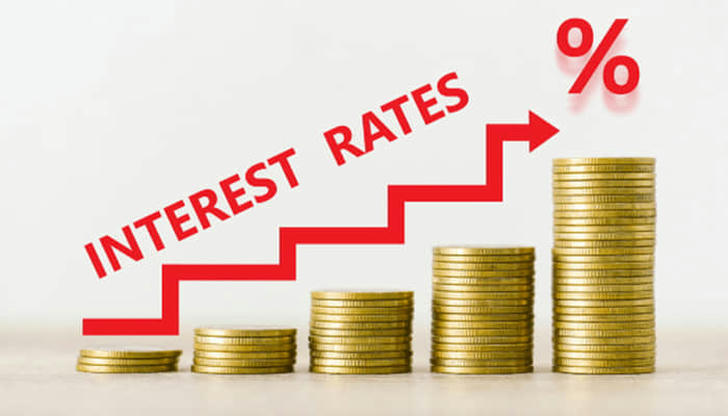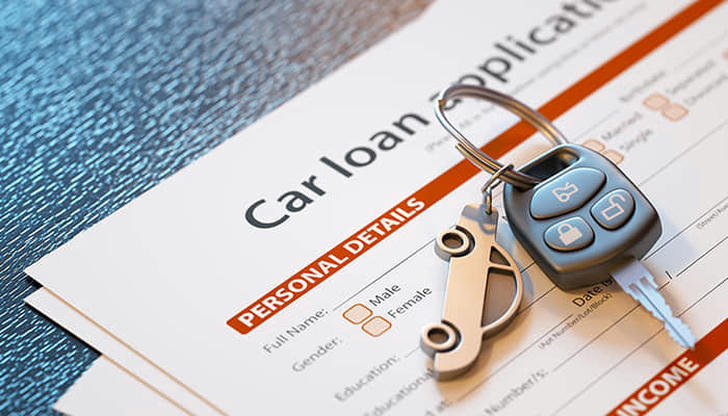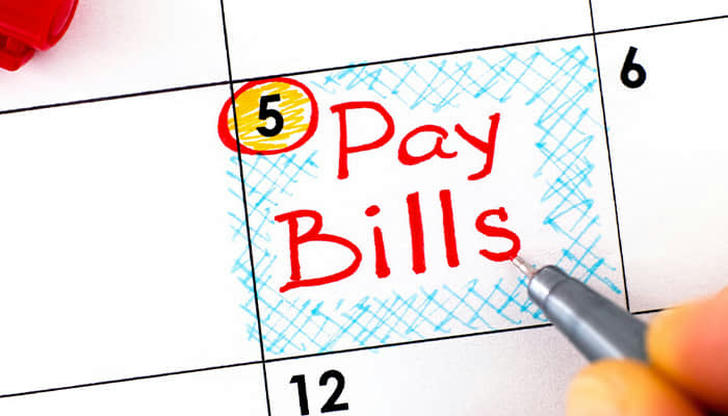Exploring Bad Credit Loans for Cars: A Comprehensive Guide

Purchasing a car is an essential step for many people. However, if you have bad credit, securing a loan can feel challenging. This guide will walk you through what Bad Credit Car loans are, how they work, and tips to improve your chances of approval. Let’s dive into everything you need to know.
What is a Bad Credit Car Loan?

A bad credit car loan is a financing option for those whose credit scores fall below the “good” range, typically under 670 on the FICO scale. These loans cater to people with a less-than-ideal credit history, enabling them to buy a vehicle even if they’ve faced past financial difficulties.
Key features of Bad Credit Car Loans:

• Higher interest rates: Lenders offset the risk of lending to individuals with bad credit by charging higher rates.
• Larger down payments: Some lenders may require a higher initial payment to reduce the loan amount.
• Shorter loan terms: Often, these loans come with shorter repayment periods.
How Do Bad Credit Car Loans Work?

Understanding the mechanics of Bad Credit Car loans can help you make informed decisions. Here’s a simple breakdown:
1. Application process: The process begins with filling out a loan application. Some lenders specialize in working with those who have low credit scores.
2. Credit checks and approval: Lenders check your credit report and may assess your income and financial stability.
3. Loan terms and interest rates: Approved loans often come with higher interest rates. These rates vary depending on your credit score and the lender’s terms.
4. Repayment structure: The loan must be repaid in fixed installments, typically over 24 to 72 months.
Benefits and Drawbacks of Bad Credit Car Loans

Benefits
• Car ownership: Access to a vehicle can improve job opportunities and daily convenience.
• Credit improvement: Timely payments on your car loan can help boost your credit score over time.
• Flexible options: More lenders today are willing to work with borrowers who have lower credit scores.
Drawbacks
• High interest rates: Expect to pay significantly more over the life of the loan.
• Potential fees: Some lenders include origination fees and other charges.
• Limited choices: Your loan approval may limit you to specific cars within a set price range.
Tips to Secure a Bad Credit Car Loan

1. Check Your Credit Report: Before applying, review your credit report for errors. Disputing any inaccuracies can help improve your score.
2. Save for a Larger Down Payment: A bigger down payment lowers the loan amount, reduces the lender’s risk, and might help you get a better interest rate.
3. Get Pre-approved: Apply for pre-approval from multiple lenders to compare offers and find the best terms available to you.
4. Consider a Co-Signer: A trusted co-signer with good credit can increase your approval odds and possibly secure a lower interest rate.
Alternative Options

If a traditional bad credit car loan isn’t the best fit, consider these alternatives:
• Credit unions: Often offer more favorable terms compared to traditional banks.
• Buy here, pay here (BHPH) dealerships: These dealerships provide in-house financing but may come with higher interest rates.
• Personal loans: If the terms are better, a personal loan could be used to buy a car.
Improving Your Credit for Future Loans

Building your credit before applying for a loan can help you secure better terms. Here’s how:
• Pay bills on time: Consistently paying bills by their due date has a significant impact on your credit score.
• Reduce debt: Lowering your overall debt can improve your credit profile.
• Keep credit utilization low: Try to use less than 30% of your available credit.
Final Thoughts
While Bad Credit Car loans come with challenges, understanding how they work and preparing yourself can make a big difference. By checking your credit, saving for a down payment, and shopping around for the best deal, you can turn a daunting task into a manageable one. Remember, making timely payments can pave the way for better loan opportunities in the future.
